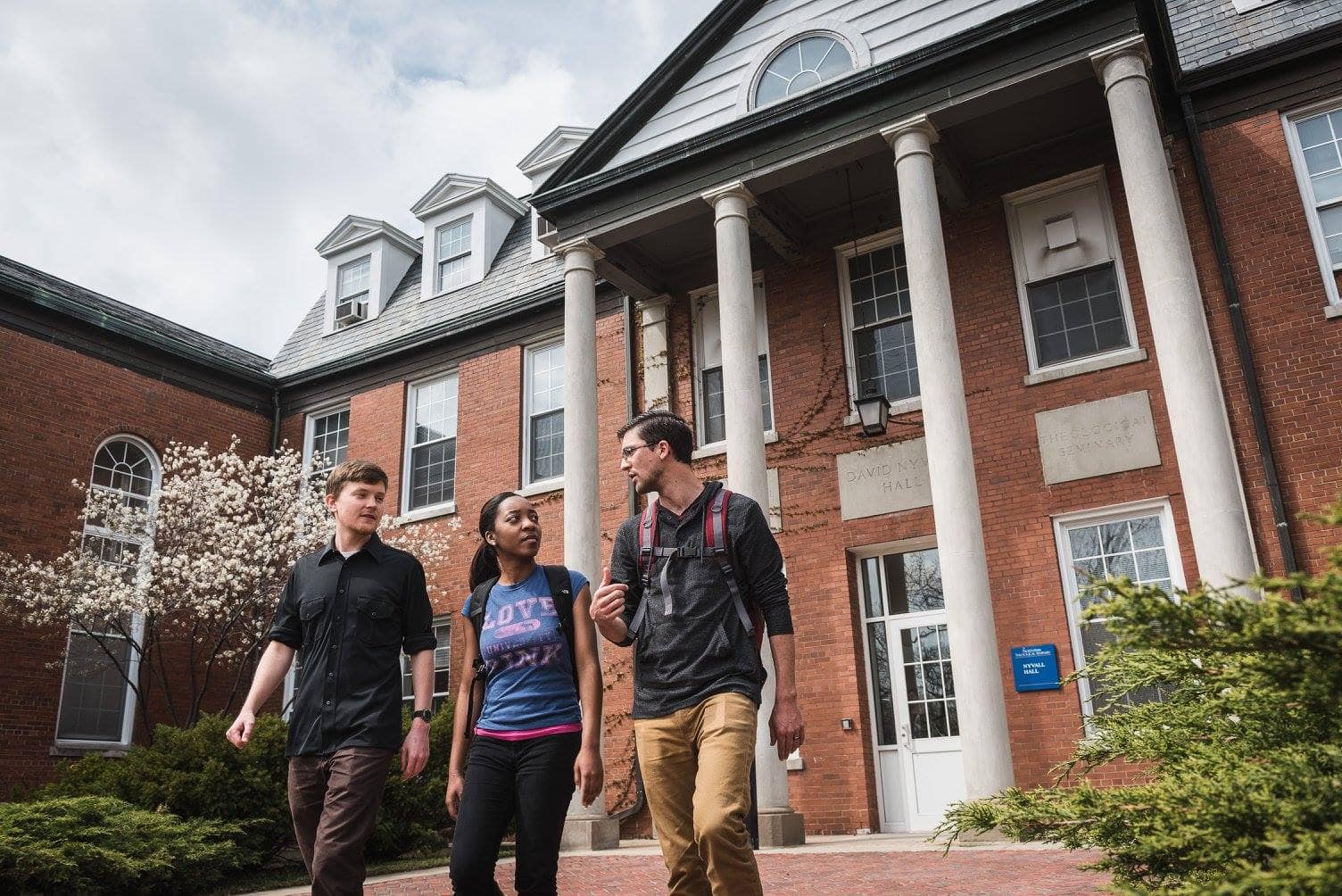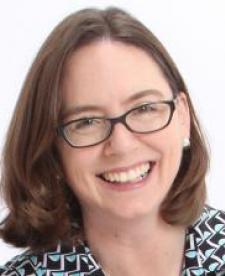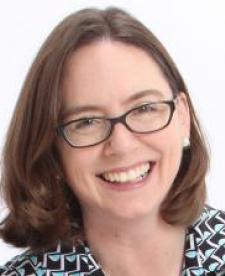 Editor’s note: This article is part of the Covenant Companion’s ongoing look at how theological education is being remagined to meet new financial and cultural changes.
Editor’s note: This article is part of the Covenant Companion’s ongoing look at how theological education is being remagined to meet new financial and cultural changes.
CHICAGO, IL (April 17, 2017) – The Association of Theological Schools (ATS) hopes that the results of its “Educational Models and Practices Project,” the organization’s largest-ever study, will help institutions better respond to the cultural, religious, and financial upheaval that are threatening today’s institutions of higher theological education. The findings from that study and others most likely will lead to revisions in accreditation standards, says Jo Ann Deasy, a Covenant minister who serves as the ATS director of institutional initiatives and student research.
The last major revision of accrediting standards was in 1996, although they have undergone some modification, most recently in 2012. ATS hopes to begin developing the new standards in 2018.
There is “an unprecedented urgency to find more efficient and effective ways of doing theological education, Stephen Graham, ATS senior director of programs and services wrote in an article for the association last year. Graham is a former dean of faculty and professor of history at North Park Seminary.
Deasy says changes in theological education are being driven by four major factors: a smaller but increasingly diverse group of students, increasingly diverse forms of ministry, a shift away from residential education, and an increasingly financially stressed system.

In response to the crisis, Deasy says, “Many theological schools are seeking a deeper connection with the congregations and ministries they serve. They are creating residencies and internships, teaching at extension sites and online, in local congregations, and around the globe. They are creating integrated courses that pair theory and practice, scholars and practitioners, crossing disciplines and seeking to attend to the various ecclesial traditions present in the classroom.”
“The Educational Models and Practices Project,” which has been conducted by 18 different study groups made up of ATS members, has been exploring the educational effectiveness of those programs.
Deasy has watched the educational changes happen as a student, pastor, seminary faculty member, and now in her ATS role. She was a youth ministry intern at Mercer Island (Washington) Covenant Church in 1992, when she took her first seminary class at an extension site of Fuller Theological Seminary in the Seattle area.
North Park Seminary was one of the first theological schools to offer online courses in the 1990s, and Deasy was one of the first students to enroll. At the time, she was serving as minister of Christian education at Lakeview Covenant Church in Duluth, Minnesota. Since then online education has become more commonplace, and seminaries are increasingly incorporating them into their curriculums and even developing fully online degrees.
According to one ATS study, “nearly two-thirds of the 273 member schools have online offerings. More than half have substantive online offerings, and more than a fourth offer entire degrees completely online.”
“ATS has been cautious about online education,” Deasy says. “While some schools now offer some degrees fully online, there is debate about the effectiveness of such an education, especially when it comes to the formational aspect of theological education.”
The changing environment has impacted faculty, says Deasy, who also served for seven years as the dean of students and community life at North Park Theological Seminary. “From small rural churches to suburban mega-churches. From contemplative worship communities to congregations committed to social activism. From recent immigrant communities to multi-ethnic communities. From historic congregations to new church plants. Faculty have a difficult time attending to the wide and varying context for which they are preparing students.”
Due to tighter financial constraints, institutions also are hiring fewer full-time faculty and relying more on adjuncts as well as partnerships with local churches, all which impact accreditation. Faculty also have increasingly been called upon to serve in various administrative roles, which cuts down on their classroom time.
While some schools now offer some degrees fully online, there is debate about the effectiveness of such an education, especially when it comes to the formational aspect of theological education. – Jo Ann Deasy
The lack of financial resources also has contributed to the declining overall number of students as well as the increase in students taking online courses.
Deasy coordinates one of the association’s other main studies, the Economic Challenges Facing Future Ministers Project funded by the Lilly Endowment. The project is exploring new financial models of theological education, increasing the financial literacy of students, seeking new funding sources, and training future ministers to be better financial leaders.
She notes that, “Fifteen percent of students entering seminary in 2015 brought educational debt of over $40,000. And they are leaving with even more debt. Over 50 percent of students incur educational debt while in seminary and almost 25 percent incur debt over $40,000.
“While many people assume this is due to rising tuition costs, our data suggests that debt is much more likely to be related to living expenses. It is the rising cost of living, the inability to find good paying part-time work as a student, health care and childcare costs, as well as, for some students, expectations of a higher standard of living than previous generations of students.
Paying off those debts has become harder. “Many of these students are moving into financially stressed congregations or bivocational ministry placements that can’t afford to pay them enough to cover their student loan payments as well as the rest of their living expenses, even if they do live simply.
The Covenant’s Financial Leadership Initiative, a separate undertaking funded by the Lilly Endowment, draws heavily on the insights offered through the ATS and other studies. Among its objectives, the initiative provides financial education to clergy and seminary students.
“As future ministers become more financially equipped, perhaps they will be able to create a virtuous cycle of financially healthier congregations who in turn can better support financially healthy individuals called to ministry and the financially healthy institutions that serve them,” Deasy says.














